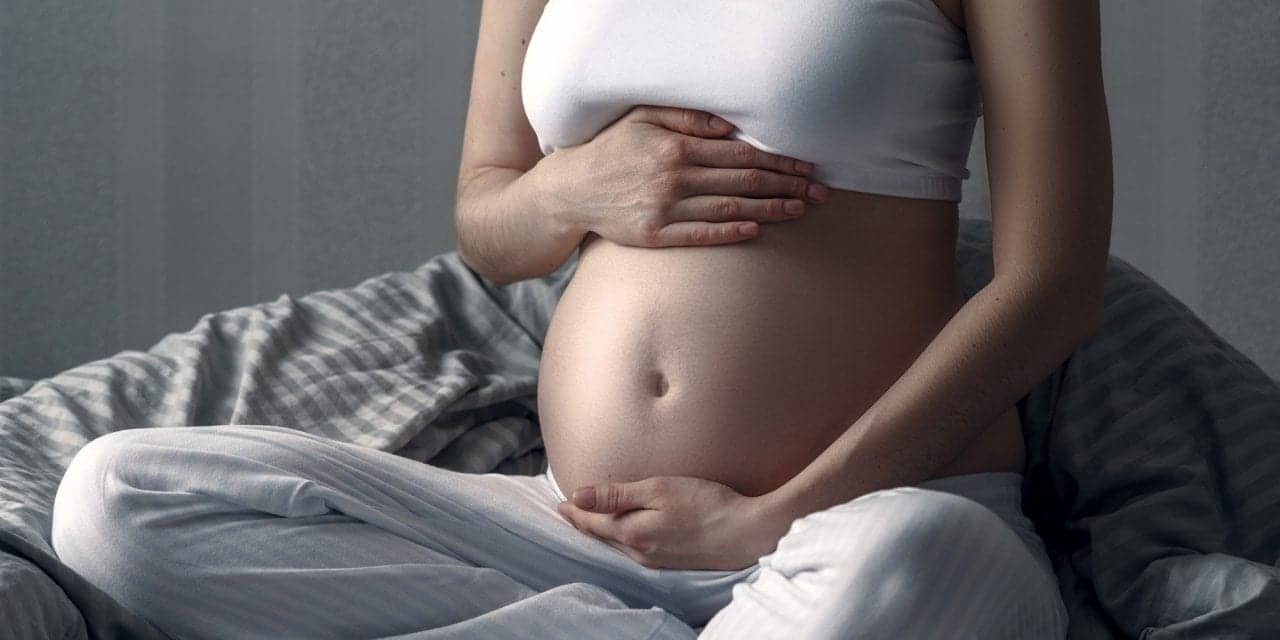Patients with high-risk pregnancies who have sleep-disordered breathing could also have higher preeclampsia risk, according to a new study.
The prospective observational cohort study involved women with high-risk singleton pregnancies, author Stella S. Daskalopoulou, MD, MSc, PhD, of the department of medicine’s division of internal medicine at McGill University Health Centre in Montreal, and colleagues reported in the study.
High-risk factors included age of at least 35 years, BMI of at least 25 kg/m2, chronic hypertension, pre-existing diabetes or renal disease, conception via in vitro fertilization and personal or first-degree relative family history of preeclampsia.
Of the 235 women recruited between 10 and 13 weeks of gestation at two tertiary obstetric clinics in Montreal, 181 women completed questionnaires about their sleep based on the Epworth Sleepiness Scale, Pittsburgh Sleep Quality Index and restless legs syndrome during each trimester.
Get the full story at healio.com.
Higher Preeclampsia Risk
Go To Source For Respiratory Therapy Coverage
RT delivers in-depth coverage of the clinical, regulatory, and technology landscape for respiratory therapy—and reaches more than 28,000 key decision-makers and influencers. As one of healthcare’s most important data companies, we facilitate the rapid adoption of medical devices and practice management tools into the industry.










